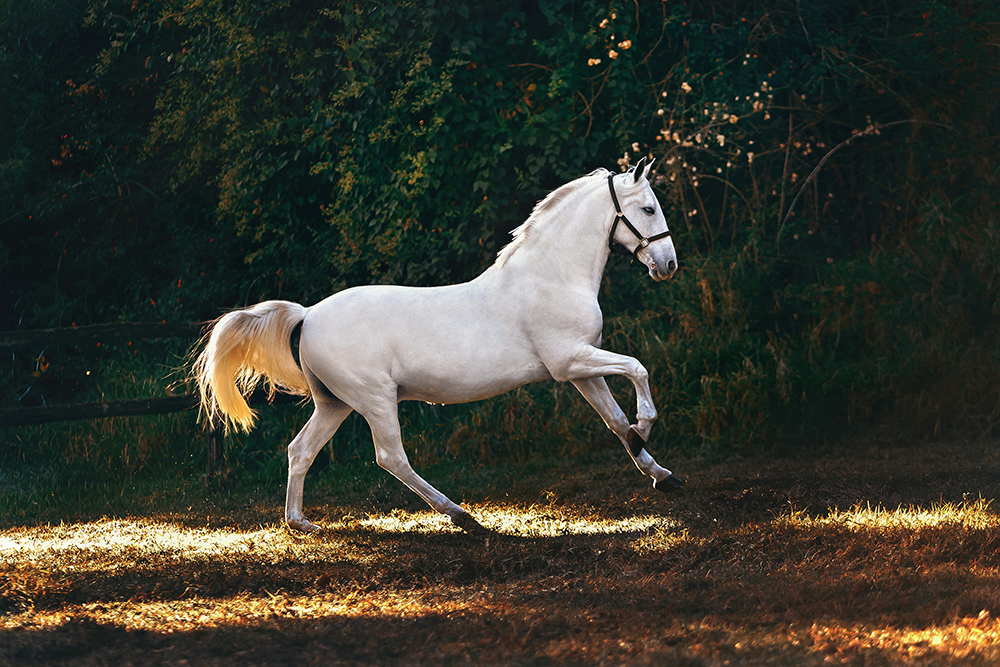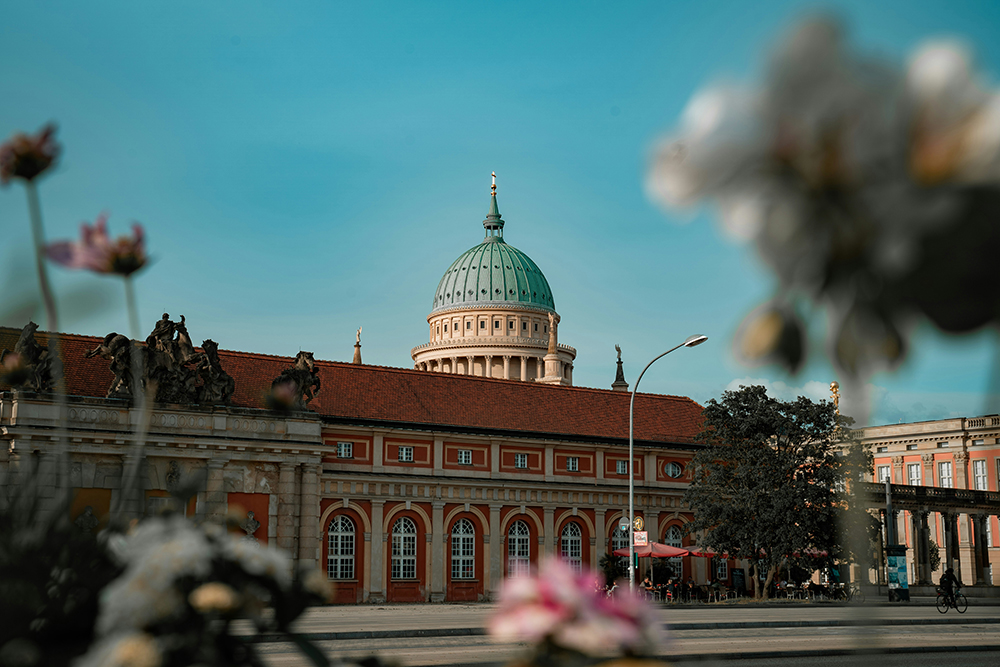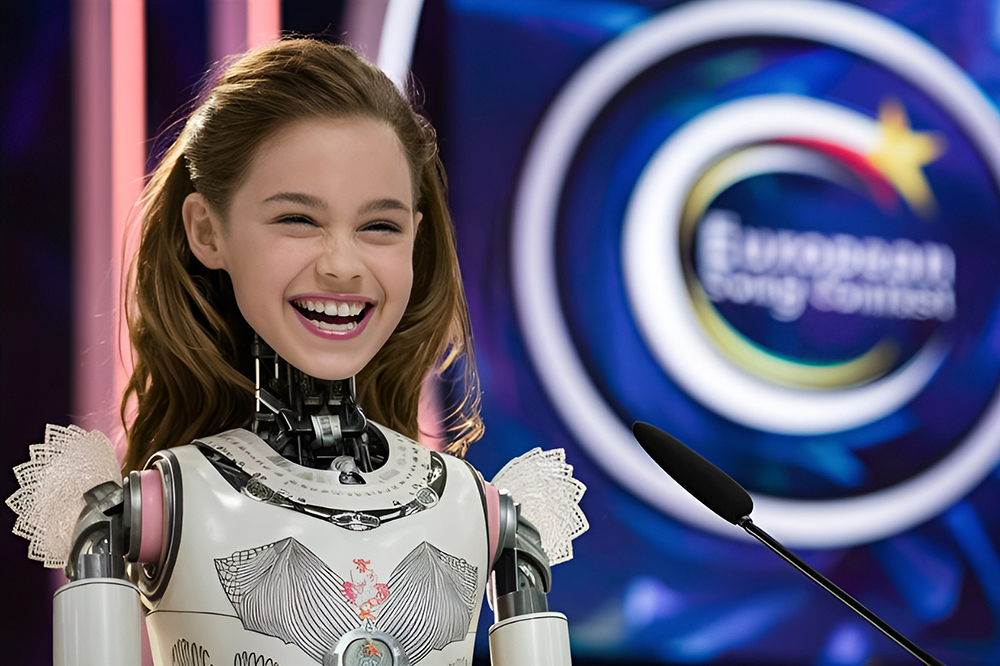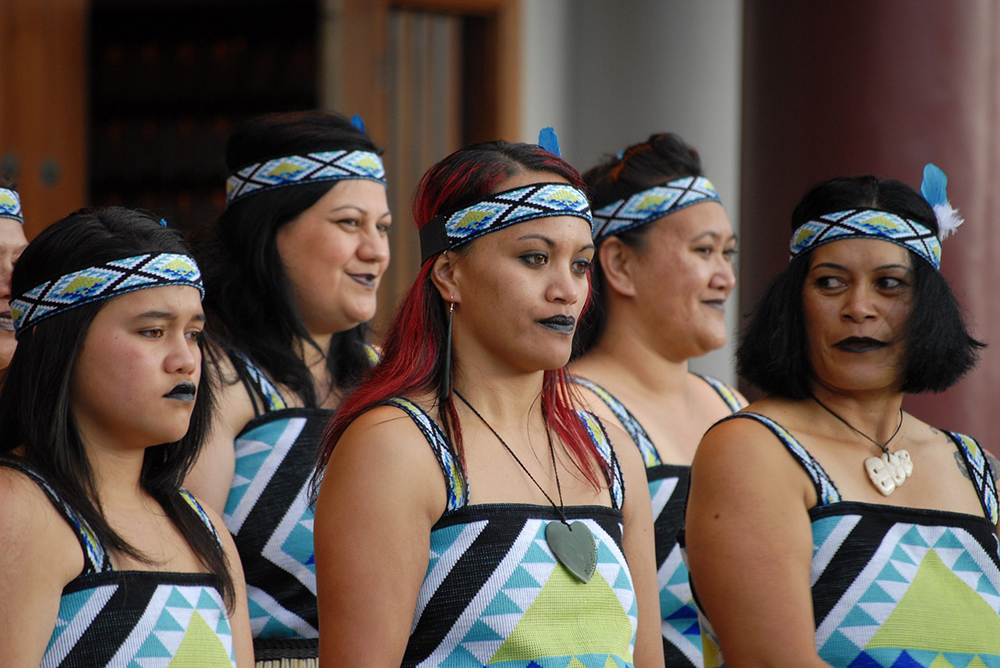Machine ethics, which was often dismissed as a curiosity ten years ago, is now part of everyday business. It is required, for example, when so-called guardrails are used in language models or chatbots, via alignment in the form of fine-tuning or via prompt engineering. When you create GPTs, i.e. “custom versions of ChatGPT”, as Open AI calls them, you have the “Instructions” field available for prompt engineering. Here, the “prompteur” or “prompreuse” can create certain specifications and restrictions for the chatbot. This can include references to documents that have been uploaded. This is exactly what Myriam Rellstab is currently doing at the FHNW School of Business as part of her final thesis “Moral Prompt Engineering”, the interim results of which she presented on May 28, 2024. As a “prompteuse”, she tames GPT-4o with the help of her instructions and – as suggested by the initiator of the project, Prof. Dr. Oliver Bendel – with the help of netiquettes that she has collected and made available to the chatbot. The chatbot is tamed, the tiger becomes a house cat that can be used without danger in the classroom, for example. With GPT-4o, guardrails have already been introduced beforehand. These were programmed in or obtained via reinforcement learning from human feedback. So, strictly speaking, you turn a tamed tiger into a house cat. This is different with certain open source language models. The wild animal must first be captured and then tamed. And even then it can seriously injure you. But even with GPTs there are pitfalls, and as we know, house tigers can hiss and scratch. The results of the project will be available in August. Moral prompt engineering had already been applied to Data, a chatbot for the Data Science course at the FHNW School of Engineering (Image: Ideogram).
Why Animals Can (Still) Outrun Robots
In an article published in Science Robotics in April 2024, Samuel A. Burden and his co-authors explore the question of why animals can outrun robots. In their abstract they write: “Animals are much better at running than robots. The difference in performance arises in the important dimensions of agility, range, and robustness. To understand the underlying causes for this performance gap, we compare natural and artificial technologies in the five subsystems critical for running: power, frame, actuation, sensing, and control. With few exceptions, engineering technologies meet or exceed the performance of their biological counterparts. We conclude that biology’s advantage over engineering arises from better integration of subsystems, and we identify four fundamental obstacles that roboticists must overcome. Toward this goal, we highlight promising research directions that have outsized potential to help future running robots achieve animal-level performance.” (Abstract) The article was published at a time when the market for robotic four-legged friends is exploding. Spot, Unitree Go2 and many others can certainly compete with some animals when it comes to running. But when it comes to suppleness and elegance, further progress is still needed.
UFSKW Paper-of-the-Month Award
The article “‘Ick bin een Berlina’: dialect proficiency impacts a robot’s trustworthiness and competence evaluation” by Katharina Kühne, Erika Herbold, Oliver Bendel, Yuefang Zhou, and Martin H. Fischer has been granted the UFSKW Paper-of-the-Month Award for March 2024. All authors are researchers in the Potsdam Embodied Cognition Group (PECoG) at the University of Potsdam, with the exception of Oliver Bendel, who works at the FHNW School of Business and is an associated researcher in the group. “UFSKW” stands for “Universitärer Forschungsschwerpunkt Kognitionswissenschaften”. It is based at the University of Potsdam. The UFSKW Paper of the Month provides a special stage for current cognitive science research at the UFSKW. It is chosen monthly by the selection committee from all submissions. The paper says about the background of the project: “Robots are increasingly used as interaction partners with humans. Social robots are designed to follow expected behavioral norms when engaging with humans and are available with different voices and even accents. Some studies suggest that people prefer robots to speak in the user’s dialect, while others indicate a preference for different dialects.” The following results are mentioned: “We found a positive relationship between participants’ self-reported Berlin dialect proficiency and trustworthiness in the dialect-speaking robot. Only when controlled for demographic factors, there was a positive association between participants’ dialect proficiency, dialect performance and their assessment of robot’s competence for the standard German-speaking robot. Participants’ age, gender, length of residency in Berlin, and device used to respond also influenced assessments. Finally, the robot’s competence positively predicted its trustworthiness.” The article can be accessed at www.frontiersin.org/articles/10.3389/frobt.2023.1241519/full.
HeidiBOT as Host of the ESC 2025
The ESC 2025 in Switzerland could be hosted by HeidiBOT, a humanoid robot connected to GPT-4o. The head could be commissioned from Hanson Robotics, RealDoll, or other companies. It would be worth considering whether a Figure 01 or similar model could serve as the basis. This would allow HeidiBOT to move naturally on stage and be part of a performance itself. Using GPT-4o or comparable language models, she would be able to speak a Swiss-German dialect, High German, English, and French. Rhaeto-Romanic should also be audible, as was the case with @llegra, a chatbot for Vallader. Switzerland could thus present itself as a country with a high level of scientific expertise, innovation, and a sense of tradition. Critics will miss the human touch and commitment. But this could be taken over more by the musicians, who are often just caricatures of themselves. They could have their say on stage and talk and discuss with the audience. A human co-host could also absorb this criticism. Another possibility would be to realize HeidiBOT as an avatar or pseudo- or quasi-hologram, similar to the ABBAtare in London. HeidiBOT could – in whatever form – look like Heidi from the booklet “AMERICAN SMILE” by Oliver Bendel. At her side would be a goat, of course. And Peterli, if he’s well-behaved (Image: Ideogram).
Adelina Can Write and Speak Basque
Conversational agents have been the subject of Prof. Dr. Oliver Bendel’s research for a quarter of a century. He dedicated his doctoral thesis at the University of St. Gallen from the end of 1999 to the end of 2022 to them – or more precisely to pedagogical agents, which would probably be called virtual learning companions today. He has been a professor at the FHNW School of Business since 2009. From 2012, he mainly developed chatbots and voice assistants in the context of machine ethics, including GOODBOT, LIEBOT, BESTBOT, and SPACE THEA. In 2022, the information systems specialist and philosopher of technology then turned his attention to dead and endangered languages. Under his supervision, Karim N’diaye developed the chatbot @ve for Latin and Dalil Jabou the chatbot @llegra for Vallader, an idiom of Rhaeto-Romanic, enhanced with voice output. He is currently testing the range of GPTs – “customized versions of ChatGPT”, as OpenAI calls them – for endangered languages such as Irish (Irish Gaelic), Maori, and Basque. According to ChatGPT, there is a relatively large amount of training material for them. On May 12, 2024 – after Irish Girl and Maori Girl – a first version of Adelina was created. The name is intended to commemorate the teacher Adelina Méndez de la Torre, who campaigned for bilingual teaching and the preservation of the Basque language. At first glance, the chatbot seems to have this under control. You can have the answers translated into English or German. Adelina is available in the GPT Store and will be further improved in the coming weeks.
When Animals Meet Machines
The manuscript of the book “Non-Human Animals, Ethics and Engineering” (alternative title “Animals, Ethics and Engineering”) was sent to the publisher Jenny Stanford in May 2024. It contains 16 chapters on this topic, including by Clara Mancini (“Animal-Centered Technology and Sustainable Development”), Fiona French (“Designing and Crafting Systems for Non-Human Animals”), and Leonie Bossert together with Thilo Hagendorff (“Animals and AI: The Role of Animals in AI Research and Application”). In “An Investigation into the Encounter Between Social Robots and Animals” (Chapter 12), Oliver Bendel “delves into the evolving landscape of social robots designed to interact with animals, dissecting the intricate dynamics of these interactions and their ethical ramifications” (Information from the editors). The philosopher of technology also presents his own projects, such as concepts and prototypes of animal-friendly machines, developed in the context of machine ethics, animal-machine interaction, and social robotics. The editors are Rosalyn W. Berne and Madeline A. Kibler from the University of Virginia. The book is scheduled for publication in late summer or fall 2024.
Maori Girl Can Speak and Write Maori
Conversational agents have been the subject of Prof. Dr. Oliver Bendel’s research for a quarter of a century. He dedicated his doctoral thesis at the University of St. Gallen from the end of 1999 to the end of 2022 to them – or more precisely to pedagogical agents, which would probably be called virtual learning companions today. He has been a professor at the FHNW School of Business since 2009. From 2012, he mainly developed chatbots and voice assistants in the context of machine ethics, including GOODBOT, LIEBOT, BESTBOT, and SPACE THEA. In 2022, the information systems specialist and philosopher of technology then turned his attention to dead and endangered languages. Under his supervision, Karim N’diaye developed the chatbot @ve for Latin and Dalil Jabou the chatbot @llegra for Vallader, an idiom of Rhaeto-Romanic, enhanced with voice output. He is currently testing the range of GPTs – “customized versions of ChatGPT”, as OpenAI calls them – for endangered languages such as Irish (Irish Gaelic), Maori, and Basque. According to ChatGPT, there is a relatively large amount of training material for them. On May 9, 2024 – one week after Irish Girl – a first version of Maori Girl was created. At first glance, it seems to have a good grasp of the Polynesian language of the indigenous people of New Zealand. You can have the answers translated into English or German. Maori Girl is available in the GPT Store and will be further improved over the next few weeks
Irish Girl Can Speak and Write Irish
Conversational agents have been the subject of Prof. Dr. Oliver Bendel’s research for a quarter of a century. He dedicated his doctoral thesis at the University of St. Gallen from the end of 1999 to the end of 2022 to them – or more precisely to pedagogical agents, which would probably be called virtual learning companions today. He has been a professor at the FHNW School of Business since 2009. From 2012, he mainly developed chatbots and voice assistants in the context of machine ethics, including GOODBOT, LIEBOT, BESTBOT, and SPACE THEA. In 2022, the information systems specialist and philosopher of technology then turned his attention to dead and endangered languages. Under his supervision, Karim N’diaye developed the chatbot @ve for Latin and Dalil Jabou the chatbot @llegra for Vallader, an idiom of Rhaeto-Romanic, enhanced with voice output. He is currently testing the range of GPTs – “customized versions of ChatGPT”, as OpenAI calls them – for endangered languages such as Irish (Irish Gaelic), Maori, and Basque. According to ChatGPT, there is a relatively large amount of training material for them. A first version of Irish Girl was created on May 3, 2024. At first glance, she seems to have a good grasp of the Goidelic language from the Celtic family. You can have the answers translated into English or German. Afterwards, you may have to ask her to switch back to Irish. Irish Girl is available in the GPT Store and will be further improved in the coming weeks.







